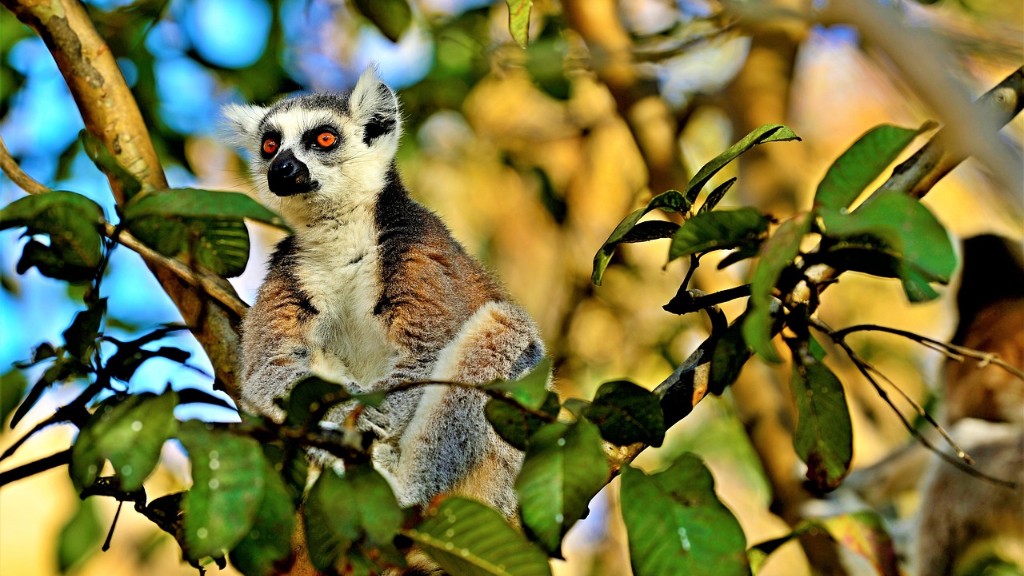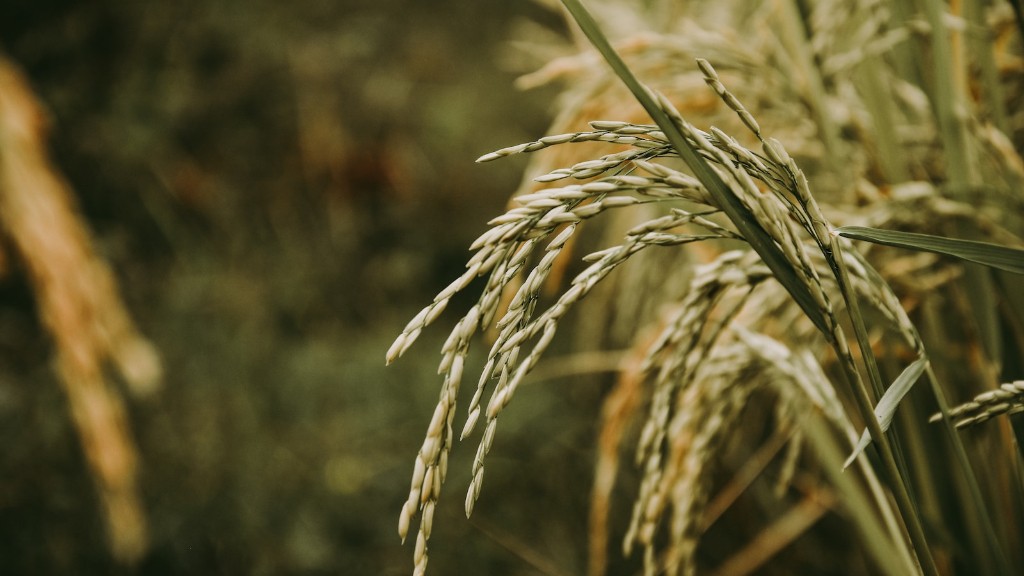How Long Did France Control Madagascar?
Madagascar, the world’s fourth largest island located in the Indian Ocean off the southeastern coast of Africa, has had a tumultuous history of colonization. One of the major European powers that exerted control over the island for a significant period of time was France. Let’s delve into the history of French colonization in Madagascar and explore the impact it had on the island nation.
Background: French Colonization of Madagascar
France’s interest in Madagascar dates back to the 17th century when the French East India Company established a trading post on the island. However, it was not until the late 19th century that France embarked on a systematic colonization process in order to expand its colonial empire in Africa.
In 1895, France launched a military expedition that led to the colonization of Madagascar. Over a period of just a few months, the Malagasy monarchy was overthrown, and the island came under French control. This marked the beginning of a 64-year period of French colonization in Madagascar.
During this period, France sought to exploit Madagascar’s resources, establish plantations, and strengthen its economic and political influence in the Indian Ocean region. The French colonial administration imposed its language, culture, and legal system on the Malagasy people, leading to significant changes in the social fabric of the island.
French Colonial Rule and Its Impact
French colonial rule in Madagascar was marked by both positive and negative consequences. On one hand, France invested in infrastructure development, such as building roads, ports, and schools, which brought about modernization and improved living conditions in certain areas. The introduction of modern medicine also contributed to a significant decrease in mortality rates.
However, the French administration heavily exploited Madagascar’s resources, particularly its agricultural sector. Plantations of cash crops, such as coffee, vanilla, and sisal, were established, leading to environmental degradation and the displacement of local communities. Additionally, the French introduced a system of forced labor, known as the “corvée,” which caused great hardships for the Malagasy people.
Independence and Post-Colonial Era
Following decades of resistance and growing nationalist movements, Madagascar gained independence from France on June 26, 1960. The end of French colonial rule marked a new chapter in the island’s history, characterized by the challenges of establishing a stable government and fostering economic development.
The legacy of French colonization continues to shape Madagascar’s socio-economic landscape today. The French language remains widely spoken, and France remains one of Madagascar’s main trading partners. However, the country still faces significant challenges, including political instability, poverty, and a lack of infrastructure in certain regions.
Expert Perspectives
According to Dr. Marie-Claire Faray-Camous, a historian specializing in French colonization in Africa, “The French rule in Madagascar was one of the longest and most impactful colonial experiences in Africa. It left a lasting imprint on the island’s culture, politics, and economy. It is crucial to understand this period in order to comprehend the complexities of contemporary Madagascar.”
Professor Hassan Rabetahona, a Malagasy historian, adds, “While there were undoubtedly negative aspects to French colonization, it is important to acknowledge the positive contributions as well. The education system established by the French helped shape a new generation of Malagasy intellectuals who played a key role in the independence movement.”
Conclusion
The French control of Madagascar lasted for 64 years, from 1895 to 1960. During this period, France exploited the island’s resources, enforced its culture and language, and significantly influenced the socio-economic development of the nation. While some positive contributions were made, the negative impacts of French colonization are still felt today. Understanding this history is essential to grasp the complexities of Madagascar’s current challenges and aspirations.



